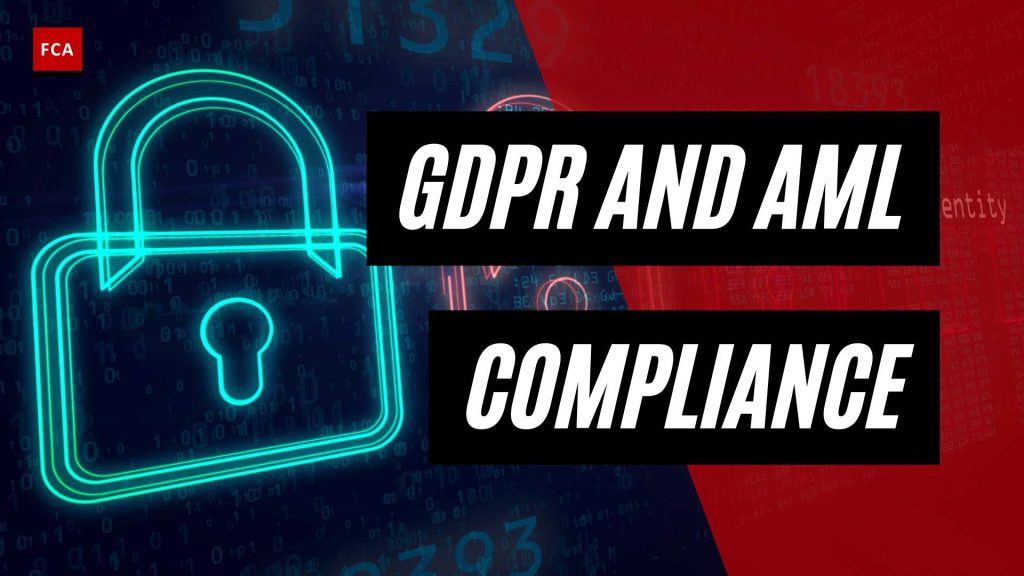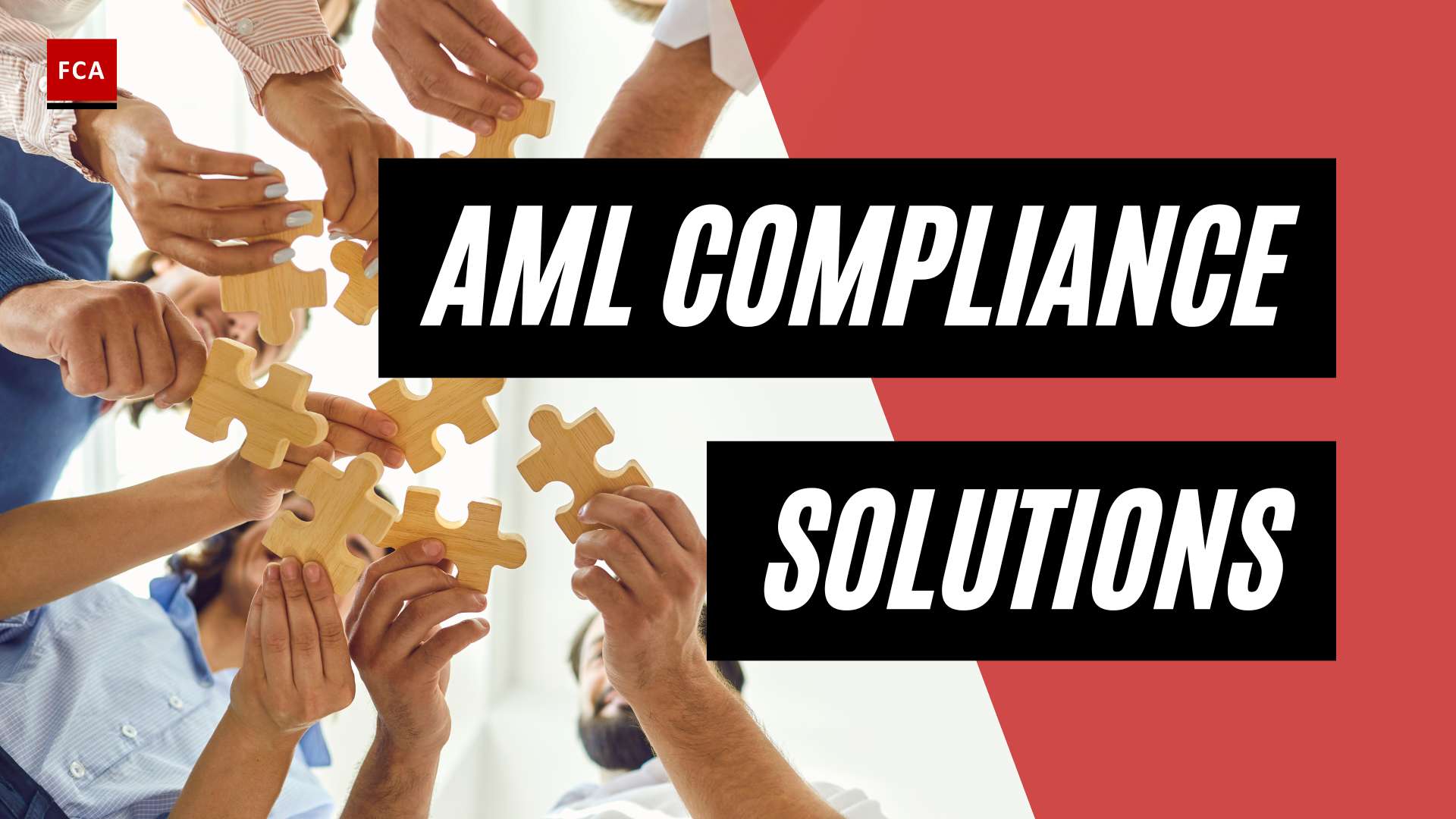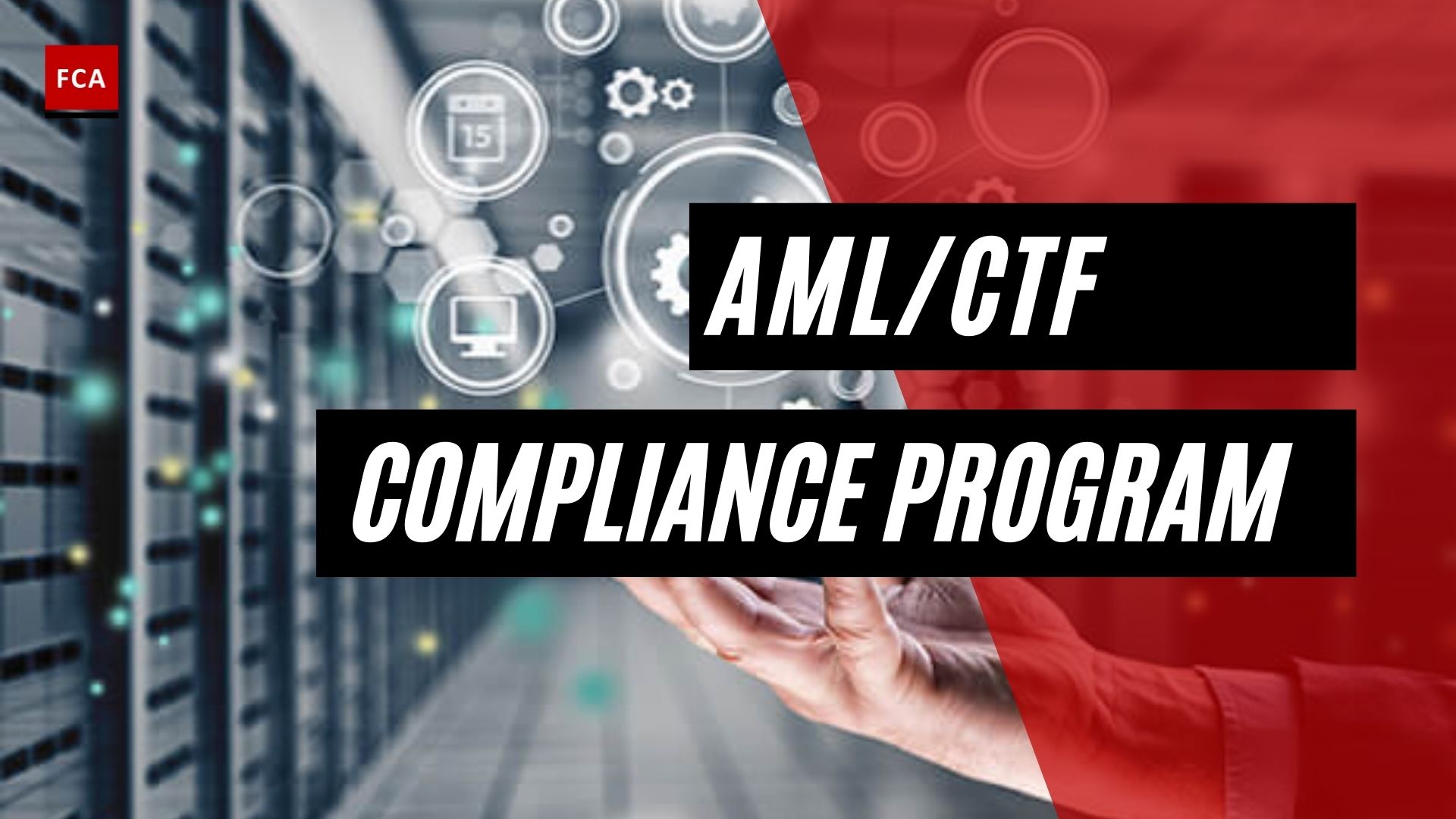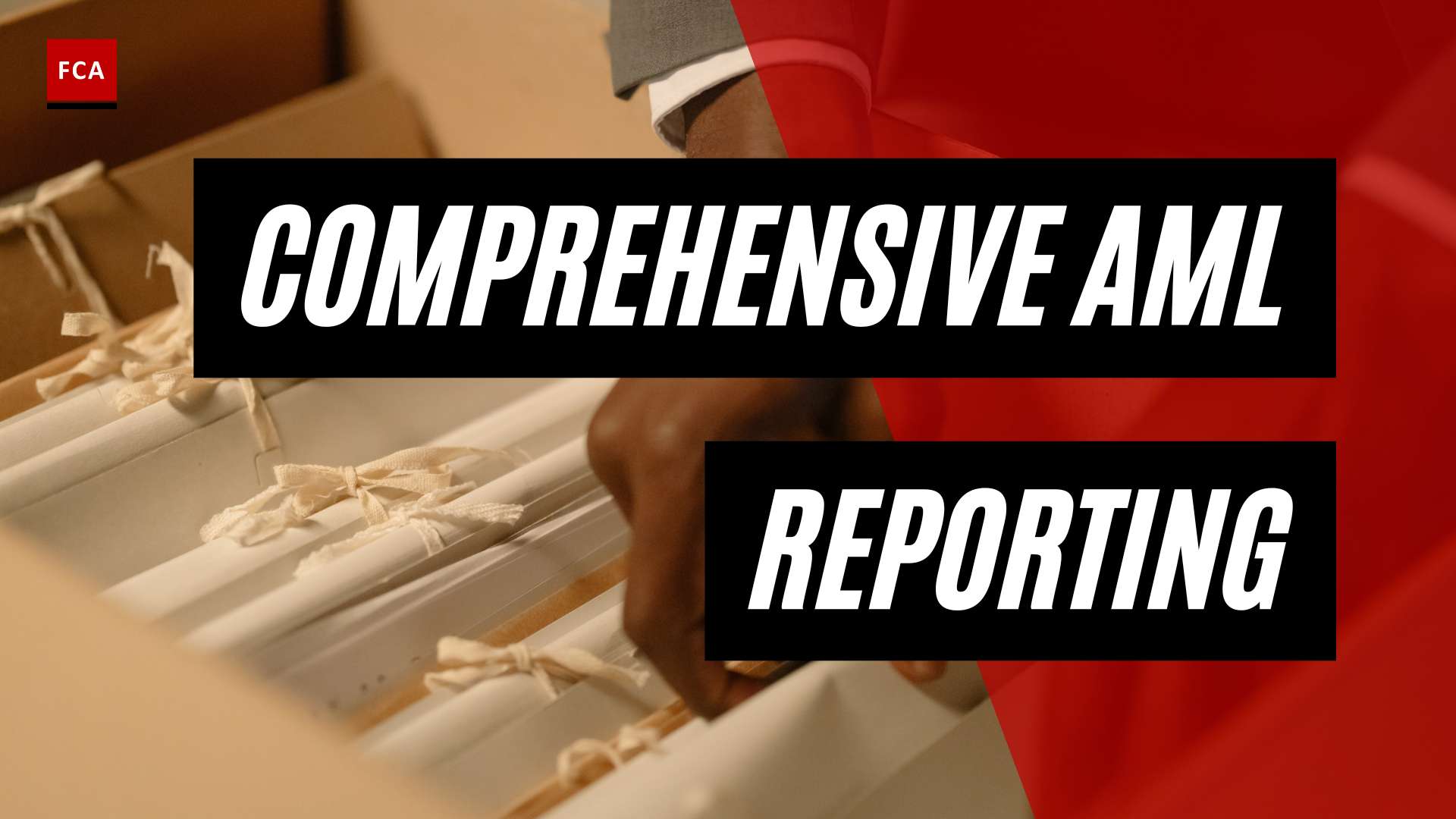Understanding GDPR and AML Compliance
In the era of digital transactions and data-driven strategies, businesses across the globe are grappling with complex regulatory compliance challenges. Two significant regulations that require keen attention are the General Data Protection Regulation (GDPR) and Anti-Money Laundering (AML) laws. Understanding the nuances of these regulations is key to ensure gdpr and aml compliance and avoid severe penalties.
GDPR: A Brief Overview
The General Data Protection Regulation (GDPR), implemented on May 25th, 2018, significantly transformed the way organizations within the European Union (EU) and the European Economic Area handle personal data of customers and clients (ComplyAdvantage). Notably, these regulations also affect organizations outside the bloc that wish to conduct business within the EU.
GDPR sets strict guidelines on how businesses can collect, use, and store personal data. It introduces several rights for data subjects, including the “right to be forgotten,” which allows individuals to request the deletion of their personal data. However, legal requirements under AML may override this right, requiring data to be retained for specified periods, like five years after the end of a customer relationship (ComplyAdvantage).
GDPR compliance is critical for organizations, especially financial institutions that manage AML obligations. Non-compliance can lead to hefty penalties, reaching up to €20 million or 4% of global revenue, whichever is higher. For more insights on GDPR requirements for AML programs, visit here.
AML: Key Aspects
Anti-Money Laundering (AML) laws are designed to prevent financial institutions from being exploited for money laundering activities. AML regulations require these institutions to perform certain actions, such as customer due diligence and transaction monitoring, to identify and report suspicious activities.
Complying with AML laws can be challenging, especially when it clashes with other regulations like GDPR. For example, while GDPR limits the ways businesses can handle personal data, AML obligations require financial institutions to collect, process, and retain certain customer data for risk management and reporting purposes.
As with GDPR, non-compliance with AML laws can result in significant financial penalties. Moreover, data controllers must appoint data processors who offer sufficient guarantees of GDPR compliance, including GDPR AML compliance requirements, as stated in Article 28 of GDPR. Additionally, data transmission between controllers and third-party processors must be secure and in compliance with GDPR rules. For more information on data protection in anti-money laundering, visit here.
Understanding the points of intersection, as well as the points of conflict, between GDPR and AML is crucial for achieving effective compliance. This includes exploring strategies for balancing data protection with risk management, dealing with cross-border compliance, and leveraging technology to facilitate compliance efforts.
GDPR and AML: Points of Intersection
While both GDPR and AML regulations aim to protect individuals and institutions, they occasionally intersect – and not always neatly. Here, we examine two key areas of intersection: data collection and processing, and the right to be forgotten.
Data Collection and Processing
One of the key areas where GDPR and AML intersect is in the collection and processing of personal data. GDPR limits the ways in which businesses can collect, use, and store personal data, creating challenges for financial institutions with Anti-Money Laundering (AML) obligations. The legal scope of GDPR may clash with how institutions identify customers during due diligence and manage risk (ComplyAdvantage).
Under GDPR, data controllers must appoint data processors who can demonstrate sufficient guarantees of GDPR compliance. This requirement extends to contracts with third parties, necessitating the inclusion of GDPR AML compliance requirements in such agreements. For more information on data privacy regulations in the context of AML, visit our article on data privacy regulations in AML.
The Right to Be Forgotten
Another intersection between GDPR and AML is the “right to be forgotten.” Article 17 of GDPR introduces this right, allowing data subjects to request deletion of personal data. However, legal requirements under AML may override this right, requiring data to be retained for specified periods, such as 5 years after the end of a customer relationship (ComplyAdvantage).
This can lead to conflicting obligations for institutions, as they must find a balance between respecting the data rights of individuals and complying with AML requirements. In such cases, it is essential to interpret the regulations correctly and apply them responsibly. For more insights on this, refer to our article on gdpr and aml risk assessments.
In conclusion, while GDPR and AML regulations serve important purposes, their points of intersection can cause complexities for compliance officers. Understanding these intersections and effectively managing them forms a crucial part of maintaining compliance.
Challenges in AML and GDPR Compliance
The synergy of GDPR and AML compliance presents unique challenges for professionals operating within the realm of risk management, anti-money laundering, and anti-financial crime. The primary hurdles revolve around balancing data protection and risk management, as well as dealing with cross-border compliance.
Balancing Data Protection and Risk Management
Balancing the principles of data protection under GDPR with those of financial crime risk management under AML directives is a key challenge in compliance, ensuring effective risk mitigation. This balance is crucial for businesses aiming to adhere to the stringent regulations of both GDPR and AML (Deloitte).
GDPR prioritizes data privacy and mandates data minimization, which is the practice of limiting personal data collection to the absolute necessary. On the other hand, AML directives necessitate gathering sufficient data to conduct thorough customer due diligence and transaction monitoring (data protection in anti-money laundering).
Financial services firms need to develop a comprehensive and integrated approach to align GDPR and AML obligations to effectively manage the evolving regulatory landscape. This balance is pivotal in ensuring the firm can effectively combat money laundering while respecting the data privacy rights of their customers.
Dealing with Cross-Border Compliance
Cross-border compliance is another key challenge in the alignment of GDPR and AML regulations. With the globalization of financial markets, many institutions operate across multiple jurisdictions, each with its own set of AML regulations. This disparate landscape poses a significant challenge for banks and financial institutions, as they must comply with different AML regulations across various jurisdictions.
Furthermore, GDPR adds another layer of complexity to cross-border data processing. It applies to all EU citizens’ data, irrespective of where the processing takes place. Therefore, multinational banks and financial institutions need to ensure they meet GDPR requirements, not only in the EU but also wherever EU citizens’ data is processed.
The task is compounded by the fact that institutions may lack the necessary data and technology resources, including access to customer, transaction, or third-party data, and analytics tools to effectively detect and prevent money laundering activities.
To overcome these challenges, businesses must invest in robust GDPR compliance for AML software, comprehensive training programs (gdpr and aml training requirements), and the development of a global compliance framework that can adapt to the evolving regulations of GDPR and AML.
Consequences of Non-Compliance
Non-compliance with GDPR and AML regulations can have severe repercussions for businesses, including financial penalties and reputational damage. It is necessary for financial institutions to prioritize GDPR and AML compliance to avoid these potential pitfalls.
Financial Penalties
Failing to comply with GDPR and AML regulations can result in hefty financial penalties. For instance, non-compliance with GDPR can lead to fines reaching up to €20 million or 4% of global revenue, whichever is higher. Such penalties can significantly impact an organization’s financial health, making it crucial for businesses to prioritize GDPR compliance for AML software.
In addition to these direct financial penalties, non-compliance can also lead to increased auditing processes, which can bring additional costs and resource needs. To avoid these financial repercussions, organizations must ensure thorough GDPR and AML risk assessments and adhere to GDPR requirements for AML programs.
Reputational Damage
Beyond financial penalties, non-compliance with GDPR and AML regulations can also lead to reputational damage. This can result in a loss of trust in the organization, affecting its public image and integrity. Such loss of trust can be challenging to recover from, particularly for companies in the process of establishing their brand.
Increased auditing processes and heightened scrutiny can further damage a company’s reputation. It is, therefore, crucial for businesses to ensure compliance not only to avoid financial penalties but also to maintain trust with their customers and stakeholders.
In the context of GDPR and AML, data protection in anti-money laundering and data privacy regulations in AML are crucial areas to focus on for maintaining a positive reputation.
The consequences of non-compliance underline the importance of a robust compliance strategy that addresses both GDPR and AML regulations. By ensuring compliance, businesses can avoid financial penalties, protect their reputation, and establish a strong foundation for trust and reliability with their clients.
Regulatory Challenges in Emerging Markets
Emerging markets face unique regulatory challenges in maintaining GDPR and AML compliance. Two of the most significant hurdles are the complexity of money laundering methods and the shortage of skilled professionals in the field.
Complexity of Money Laundering Methods
Financial institutions must grapple with increasingly sophisticated methods of money laundering. These include the use of shell companies, offshore accounts, digital currencies, and complex transactions such as layering and integration, all designed to conceal the origin of funds. Such complexity makes it difficult for these institutions to trace funds effectively and prevent illegal activities associated with money laundering Sanction Scanner.
Moreover, cross-border and multi-jurisdictional AML compliance standards pose significant challenges for banks and financial institutions. They need to comply with different AML regulations across various jurisdictions, which is further complicated by increased customer diligence requirements. This requires gathering more information on customers and beneficial owners, leading to resource-intensive compliance efforts Sanction Scanner.
In addition, collaboration and information sharing between financial institutions and regulatory authorities are often hindered by concerns over legal liability, reputational risks, and resource limitations. However, efforts are being made to improve information sharing, as evidenced by the suggestions published by the EBA and other authorities in 2022 Sanction Scanner.
Shortage of Skilled Professionals
Another major challenge is the lack of skilled AML professionals. High demand, shortages of qualified candidates, high onboarding expenses, and high turnover rates within the industry all contribute to this issue. Financial institutions, particularly small and medium-sized companies, often lack the necessary compliance officers, teams, and resources to implement comprehensive AML measures Sanction Scanner.
Furthermore, finding personnel with sector-specific expertise in AML regulations presents a significant challenge. Different sectors require varying experiences and knowledge in compliance with money laundering regulations Sanction Scanner.
These challenges underscore the importance of adopting an integrated approach to GDPR and AML compliance, leveraging technology, and investing in continuous gdpr and aml training to enhance the skills of compliance professionals.
Strategies for Effective Compliance
Navigating the complex landscape of GDPR and AML compliance requires a comprehensive approach. This section provides strategies that professionals can employ to effectively manage and streamline compliance procedures.
Integrated Approach to GDPR and AML
Financial institutions are encouraged to develop a comprehensive and integrated approach to align GDPR and AML obligations. This involves aligning the objectives of both regulations, which include protecting individuals’ rights to data privacy and preventing financial crimes.
An integrated approach helps to streamline compliance procedures, reduce redundancies, and ensure a more efficient use of resources. Key elements of this approach include conducting GDPR and AML risk assessments to identify potential risks and vulnerabilities, implementing data minimization principles in AML compliance, and ensuring GDPR compliance for AML software.
Leveraging Technology for Compliance
Technology plays a crucial role in streamlining and enhancing the efficiency of AML compliance processes. Companies, particularly small and medium-sized enterprises (SMEs), that struggle with the cost of manual AML compliance can leverage technological tools to manage these processes in a cost-effective manner.
These technological solutions can help with various aspects of AML compliance, including customer identification, transaction monitoring, and reporting of suspicious activities. For instance, they can automate customer onboarding processes, ensuring GDPR and AML compliance during customer onboarding. They can also aid in GDPR and AML transaction monitoring, providing real-time alerts for suspicious transactions.
However, the adoption of technology also presents challenges. Financial institutions may lack the necessary data and technology resources, including access to customer, transaction, or third-party data, and analytics tools to effectively detect and prevent money laundering activities.
Furthermore, the demand for skilled AML professionals who are proficient in both regulatory compliance and technology far outstrips the supply (Sanction Scanner). As such, investing in GDPR and AML training for existing staff can be a viable solution to bridge this skill gap.
By adopting an integrated approach and leveraging technology, financial institutions can effectively manage GDPR and AML compliance, ensuring they stay ahead of the evolving regulatory landscape.









